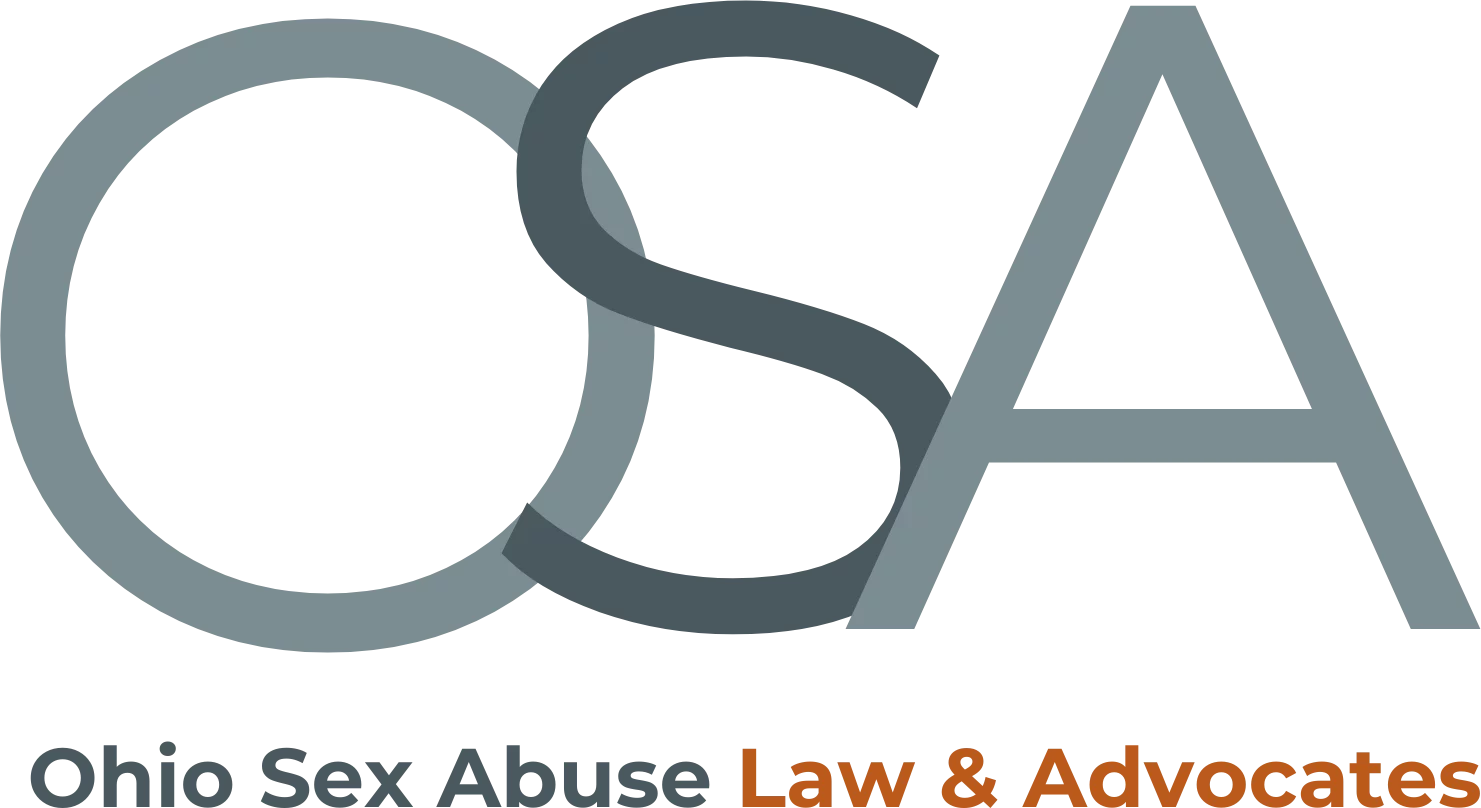N.Y. Appellate Court Upholds Constitutionality of the Child Victims Act
New York State’s Child Victims Act was ruled constitutional earlier this month after a taxing Supreme Court battle. This recent development has the potential to alter the course of many survivors’ lives for the better.
The Child Victims Act grants childhood survivors of sexual abuse who did not come forward by age 23 a “one-year period to file a civil action for damages, regardless of their age.” This period began in August 2019 and was extended until August 2021 due to the international COVID-19 pandemic.
Previously, the law stated that childhood sexual abuse claims must be brought within five years of the survivor’s eighteenth birthday, or by age 23. Now, survivors aged 55 or younger have the ability to file a claim.
This monumental extension of the statute of limitations has the potential to bring justice to countless survivors of childhood sexual abuse in New York State. The Appellate Division, and the state Supreme Court have both worked against the dismissal of a sexual abuse claim against a private boarding home’s operators. The location houses at-risk youth who are intertwined in the foster care system. The plaintiff himself was allegedly abused multiple times by an employee of the boarding house when he was just 14 years old. He asserts that the home was negligent and did not follow the code of conduct by the Social Services Law. They failed to report the sexual abuse he endured.
Both the Menninger Foundation and Schenectady Community Action Program, known for community aid and psychiatric care, claimed the Child Victims Act was unconstitutional and that it “denied them due process.” However, The Supreme Court sided with the private boarding home’s unnamed survivor. They argued that institutions are indeed at fault if they do not comply with the state’s Social Services Laws, which include reporting cause of action. Denying the Menninger Foundation and Schenectady Community Action Program’s motion, the Supreme Court also stated that the Child Victims Act “satisfies due process.”
The defendants were then brought to the Appellate Division, Third Department for the hearing of their appeal. They argued that the passage of a significant amount of time had resulted in both the “destruction of relevant records, the death of two important witnesses,” and finally the claim that age and distance from the abuse caused other witnesses to have “their mental capacity diminished.”
The Supreme Court regarded their argument as “conclusory and speculative.” The court also brought key information to the forefront as they reminded the defendants of the justification for passing the Child Victims Act. At that point, the current law required a victim to file for action far sooner than most can even come to terms with what has happened to them. On average, the age one uncovers these memories has been estimated to be as high as 52 years old.
Additionally, the court challenged the defendants’ supposed limitations in this case. It was found that they did not take sufficient steps in order to locate or contact managerial staff of the private boarding home. Most notably, they did not take the same action against the alleged sexual abuser.
The Supreme Court was bolstered in their decision to deny the defendants’ motion to dismiss. “The Child Victims Act was a reasonable response to remedy an injustice,” stated the court. Informed by legislative history, they recognized the unique nature of childhood sexual abuse. In fact, it is not uncommon for there to be a significant delay in reporting childhood sexual abuse and related crimes. Therefore, the five-year statute of limitations isn’t appropriate because “many young adults aren’t [yet] prepared to deal with the abuse they experienced as children.”
Childhood sexual abuse has lasting impacts on survivors. It is entirely possible for many to experience lapses in memory and to be uncertain about what has happened to them. Coming forward with sexual abuse allegations can be daunting, and survivors have historically been made to feel guilty for choosing to share their stories when they are ready. There is no “timeline” for abuse, and New York State’s ruling in support of the Child Victims Act reminds childhood sexual abuse survivors that they can choose to move forward when they feel fully prepared.
Authors: Alexis Kabat and Andy Goldwasser

